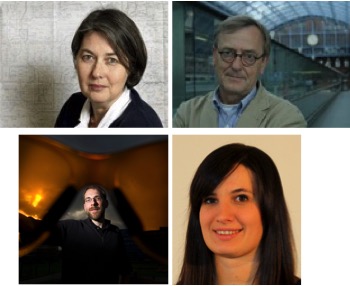Social Jetlag

Thomas Kantermann (RuG)
Giulia Zerbini (RuG)
Martha Merrow (LMU Munich, D & RuG)
Till Roenneberg (LMU Munich, D)
The biological clock tells us when to sleep. Unfortunately, this does not always coincide with when we can sleep, hence the alarm clock! The regular use of an alarm clock leads to a chronic sleep deprivation. 80% of the population ends their sleep early each morning in order to fulfill social obligations that might have to do with work, school or family. This practice also leads to a pattern of sleeping at different times during the workweek and on weekends. We have thus coined the term ‘social jetlag’ to describe the phenomenon of bouncing between earlier, shorter sleep and later, longer sleep each week.
We know that sleep deprivation has consequences such as poorer performance and furthermore we know that chronic social jetlag leads to unhealthy patterns of nicotine, caffeine and alcohol consumption and to an increased BMI. In this project, we are seeking to understand how we can adjust the biological clock so that it is closer to the social one. If we push the internal clock to an earlier time, then the mismatch will be less, leading to less sleep deprivation. We are implementing new devices for data collection (see project "Devices") and are using light and the timing of light exposure as our main tools for shifting internal time.
Film: Social Jetlag and its Consequences
(Current Biology - Issue 22/2012 "Social Jetlag and Obesity"; Roenneberg, Allebrandt, Merrow & Vetter)





